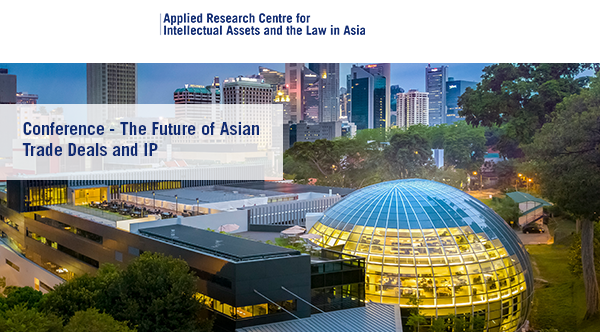
The decision of the US president Donald Trump to pull out of the Trans-Pacific Partnership (TPP) pact marks a new era for trade deal and possibly also for IP. TPP is evolving to be the Comprehensive and Progressive Agreement for TPP (CPTPP) as the remaining 11 members try to resurrect the TPP by suspending some of its provisions, over half of which are IP-related. While the TPP excludes the two Asian giants –India and People’s Republic of China (PRC), the ongoing Regional Comprehensive Economic Partnership (RCEP) includes both of them.
The only major trade talks that are continuing in Asia pertain to the Regional Comprehensive Economic Partnership (RCEP). PRC, India and Singapore are three of the participating countries negotiating the RCEP, along with members of ASEAN, Japan, New Zealand, Australia and South Korea. Noteworthy is the fact that India has not been able to sign a single major trade deal since joining the WTO Agreement in 1994 – the contentious issue has almost always been intellectual property.
This conference first sets out to re-examine some basic principles of trade negotiation and analyses PRC’s trade and IP strategy. It then reflects on some issues related to the investor-state dispute settlement (ISDS), which allows private companies to sue states for violating treaty obligations, such as the history of investment tribunals, how international investment arbitration can be reformed, the judicialization of ISD in Singapore, and whether compulsory license of IP constitutes expropriation in India, PRC and select ASEAN countries. It further questions and strives to improve some of proposed IP provisions, and even to redefine some aspects of international IP norms since the US & EU are not part of the Asian trade talks.